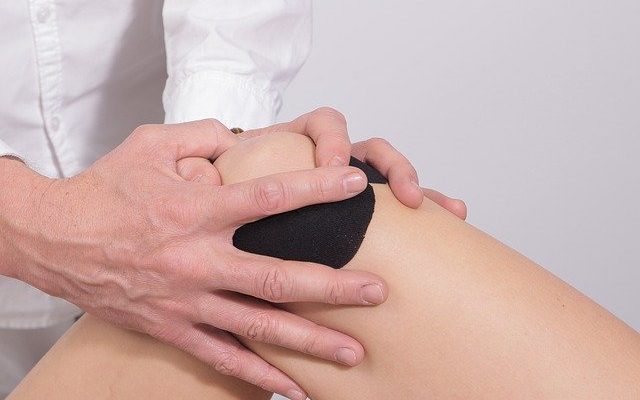Maintaining Flexibility and Strength as We Grow Older

As we journey through life, our bodies undergo inevitable changes. Ageing brings a natural decline in flexibility, strength, and overall mobility. However, embracing practices like yoga can significantly counteract these effects, offering a path to maintain and even enhance physical wellness as we grow older. In this article, we delve into the benefits of yoga for ageing individuals and explore how this ancient practice can empower us to age gracefully.
The Aging Process and Its Effects on the Body:
As we age, several physiological changes occur within our bodies. Muscle mass decreases, causing a decline in strength and flexibility. Joint stiffness becomes more common, and balance may be compromised, increasing the risk of falls. Age-related conditions like arthritis and osteoporosis can further impact mobility and overall quality of life.
The Role of Yoga in Aging Well:
Yoga provides a holistic approach that addresses the physical and mental aspects of ageing. Through gentle movements, deep breathing, and mindfulness practices, yoga can help seniors maintain their physical abilities while nurturing emotional resilience.
Benefits of Yoga for Aging Individuals:
- Improved Flexibility: Yoga includes a series of poses (asanas) designed to stretch and lengthen muscles, promoting flexibility and range of motion. This increased flexibility can alleviate joint stiffness and reduce the risk of injury.
- Enhanced Strength: Many yoga poses require engaging and holding various muscle groups, effectively strengthening the body. As seniors build muscle strength through regular practice, they can better support their joints and maintain stability.
- Better Balance and Coordination: Yoga’s balancing poses help improve proprioception, the body’s awareness of its position in space. By enhancing balance and coordination, seniors can reduce the risk of falls and maintain independence.
- Stress Reduction: Aging often comes with its share of stressors, including health concerns, changes in lifestyle, and transitions in relationships. Yoga’s emphasis on mindfulness and relaxation techniques can help seniors manage stress more effectively, leading to improved mental well-being.
- Bone Health: Certain yoga poses, particularly weight-bearing ones, can help maintain bone density and prevent osteoporosis—a condition characterized by weakened bones. By supporting bone health, yoga contributes to overall skeletal strength and resilience.
Adapting Yoga Practice for Seniors:
Ageing individuals need to approach yoga with care and awareness of their body’s limitations. Modifications and props, such as chairs, blocks, and straps, can make poses more accessible and comfortable. Additionally, choosing classes specifically tailored to seniors or gentle yoga styles like Hatha or Yin can provide a supportive environment for practice.
Conclusion:
As the population ages, the importance of maintaining physical health and well-being becomes increasingly evident. Yoga offers a holistic approach to ageing, addressing physical challenges and the mental and emotional aspects of ageing. By incorporating yoga into their lives, seniors can enjoy increased flexibility, strength, balance, and overall vitality, empowering them to embrace the journey of ageing with grace and resilience.










